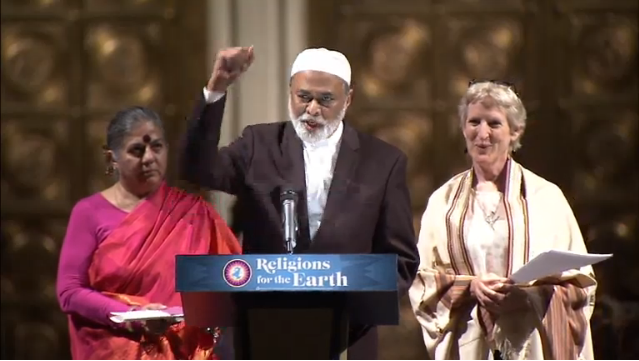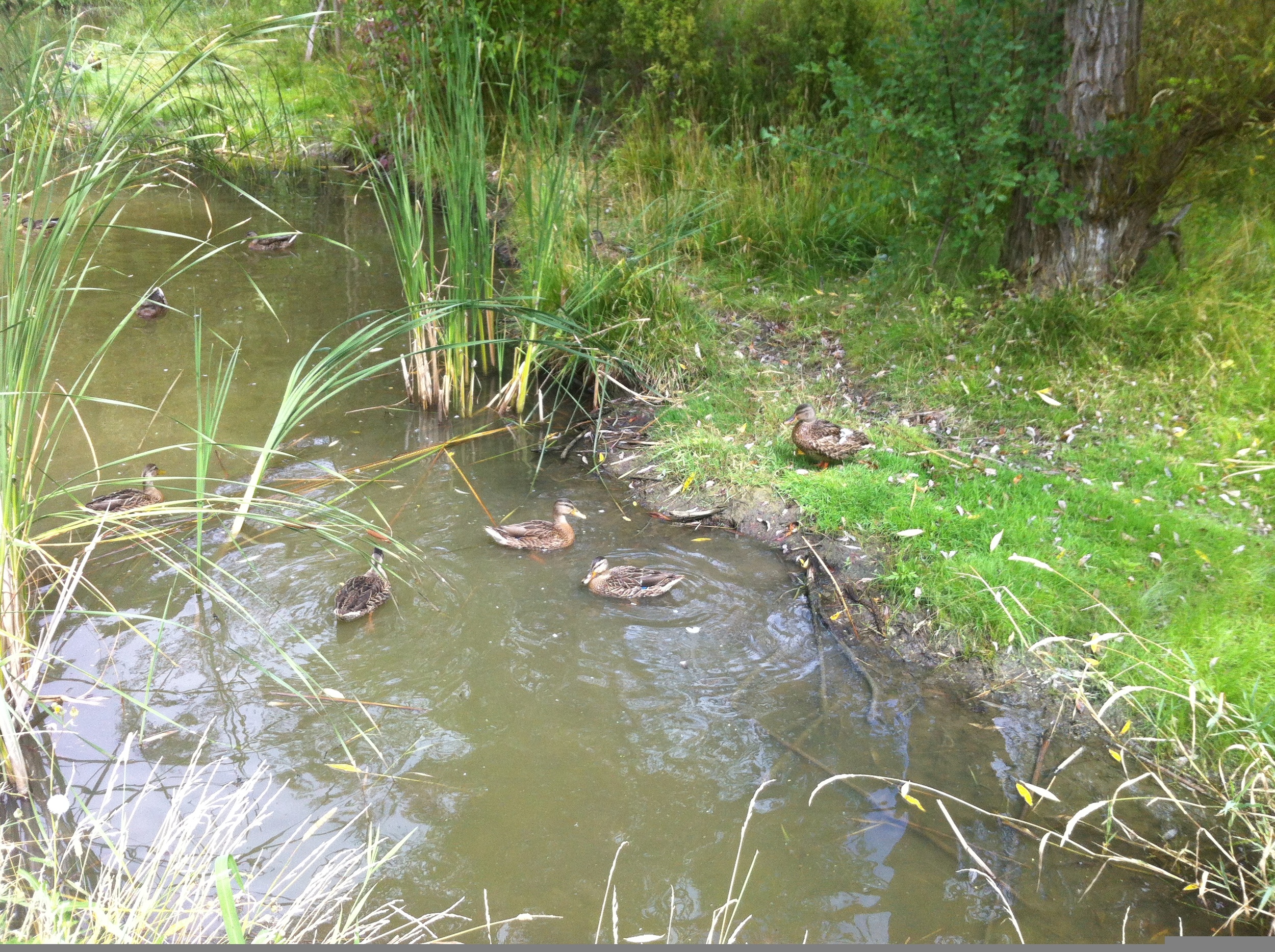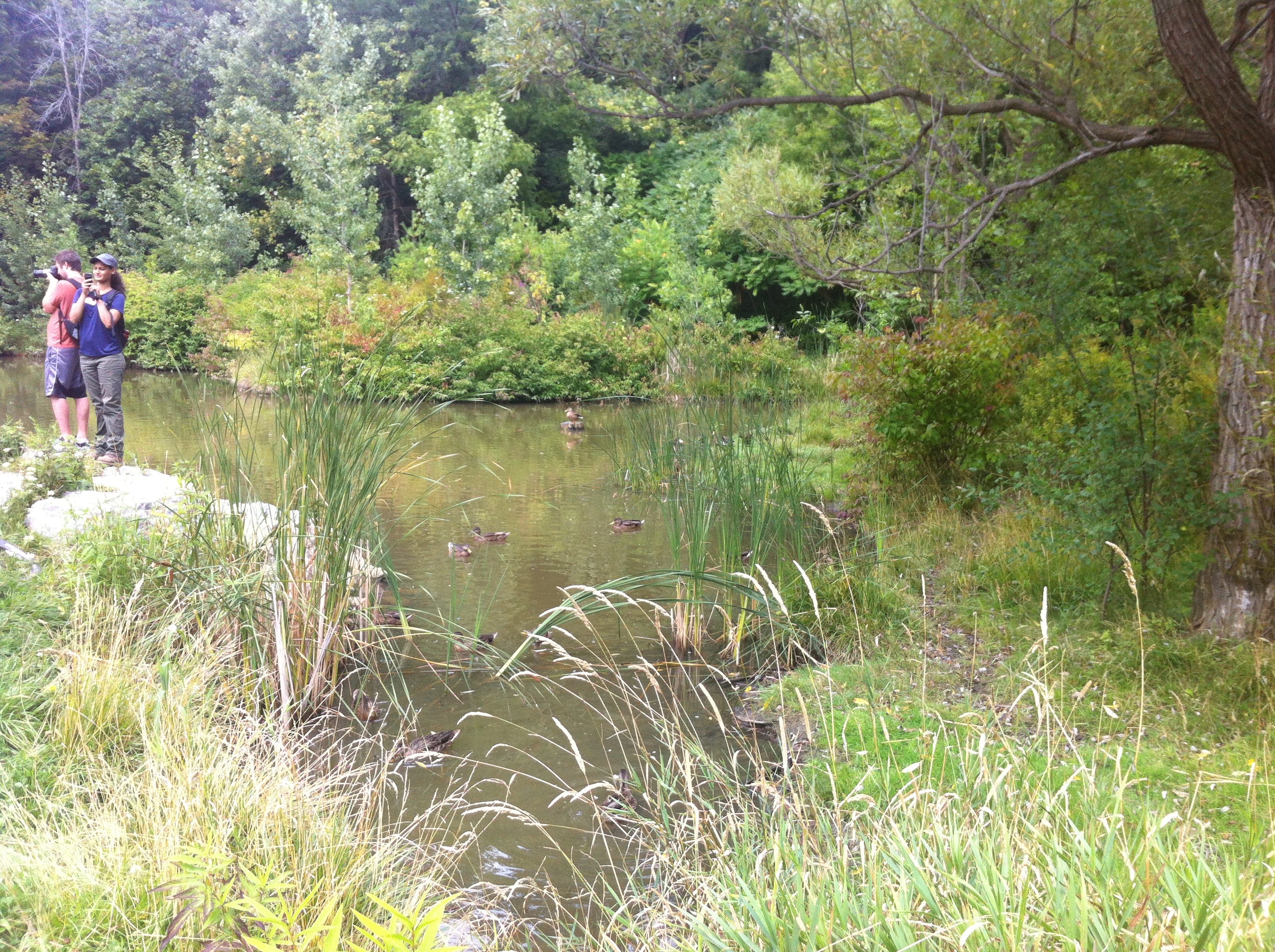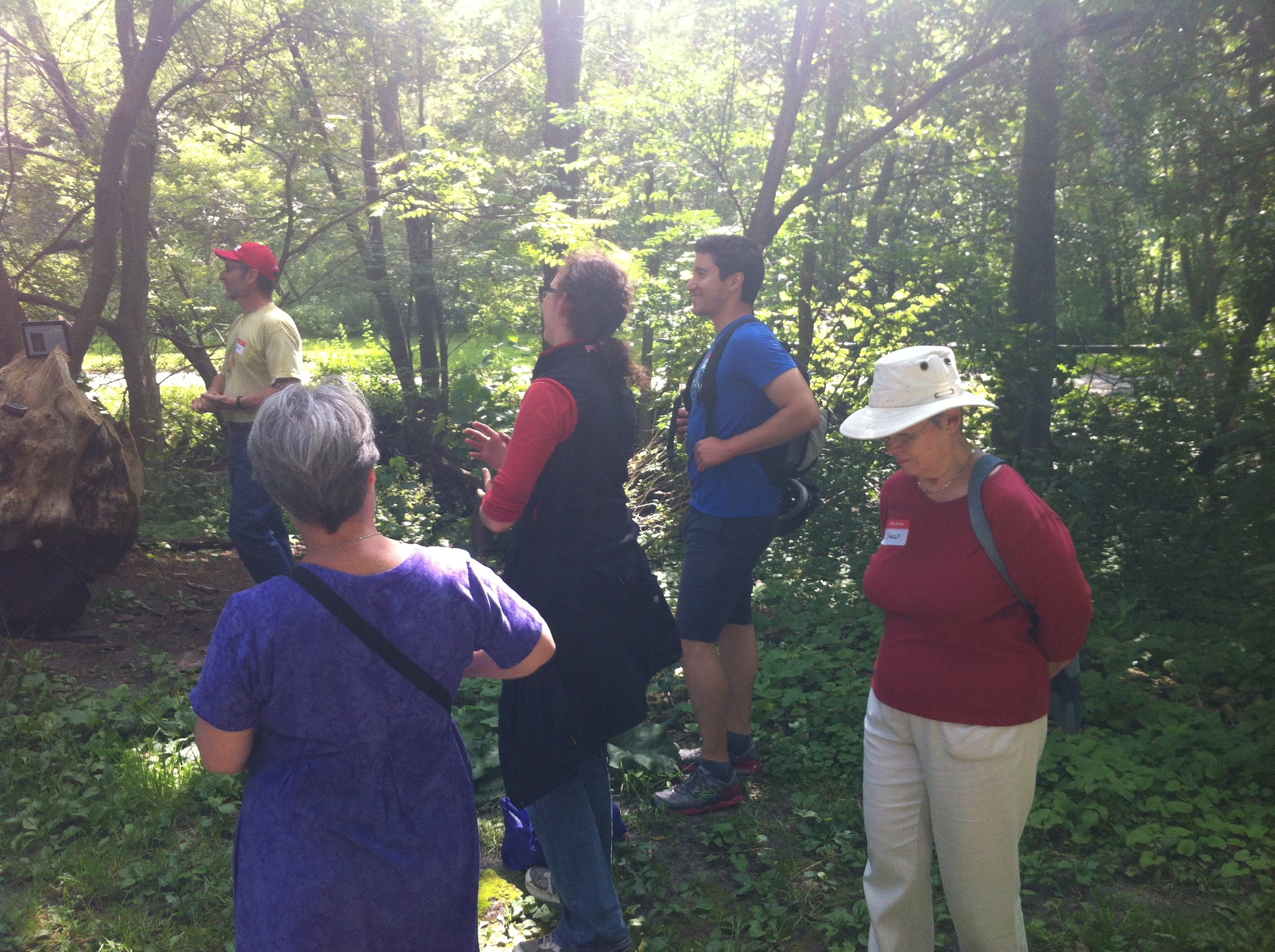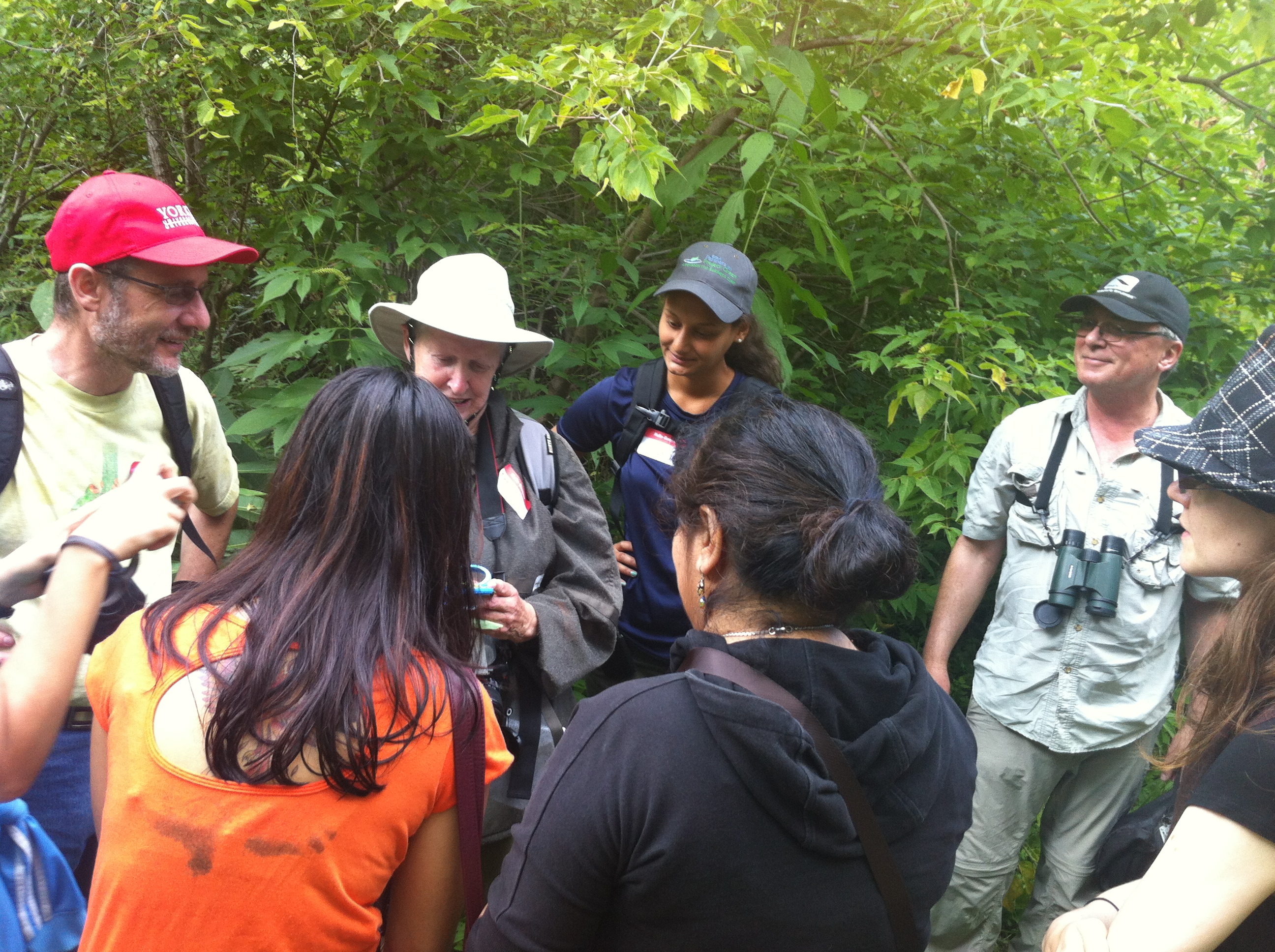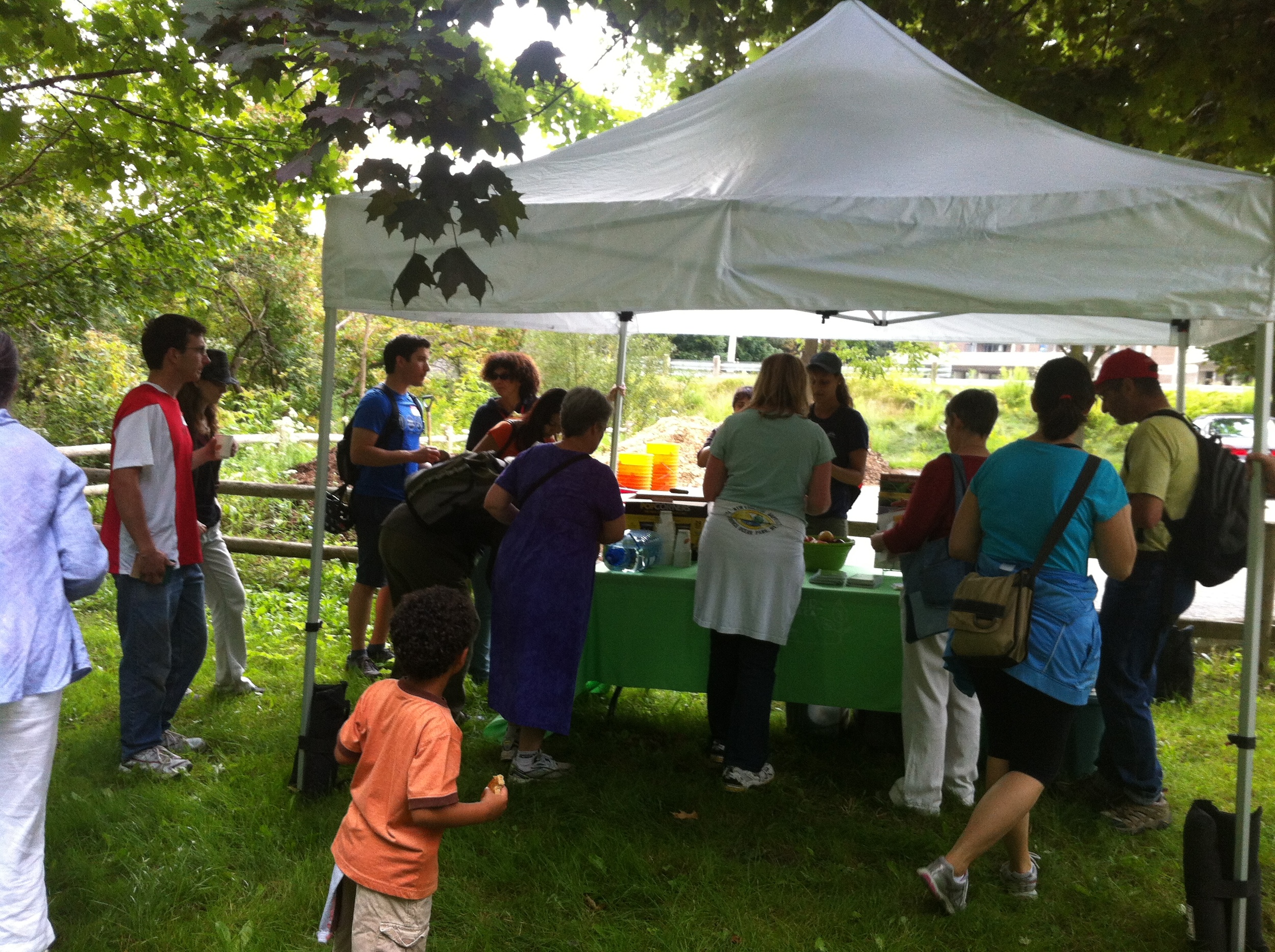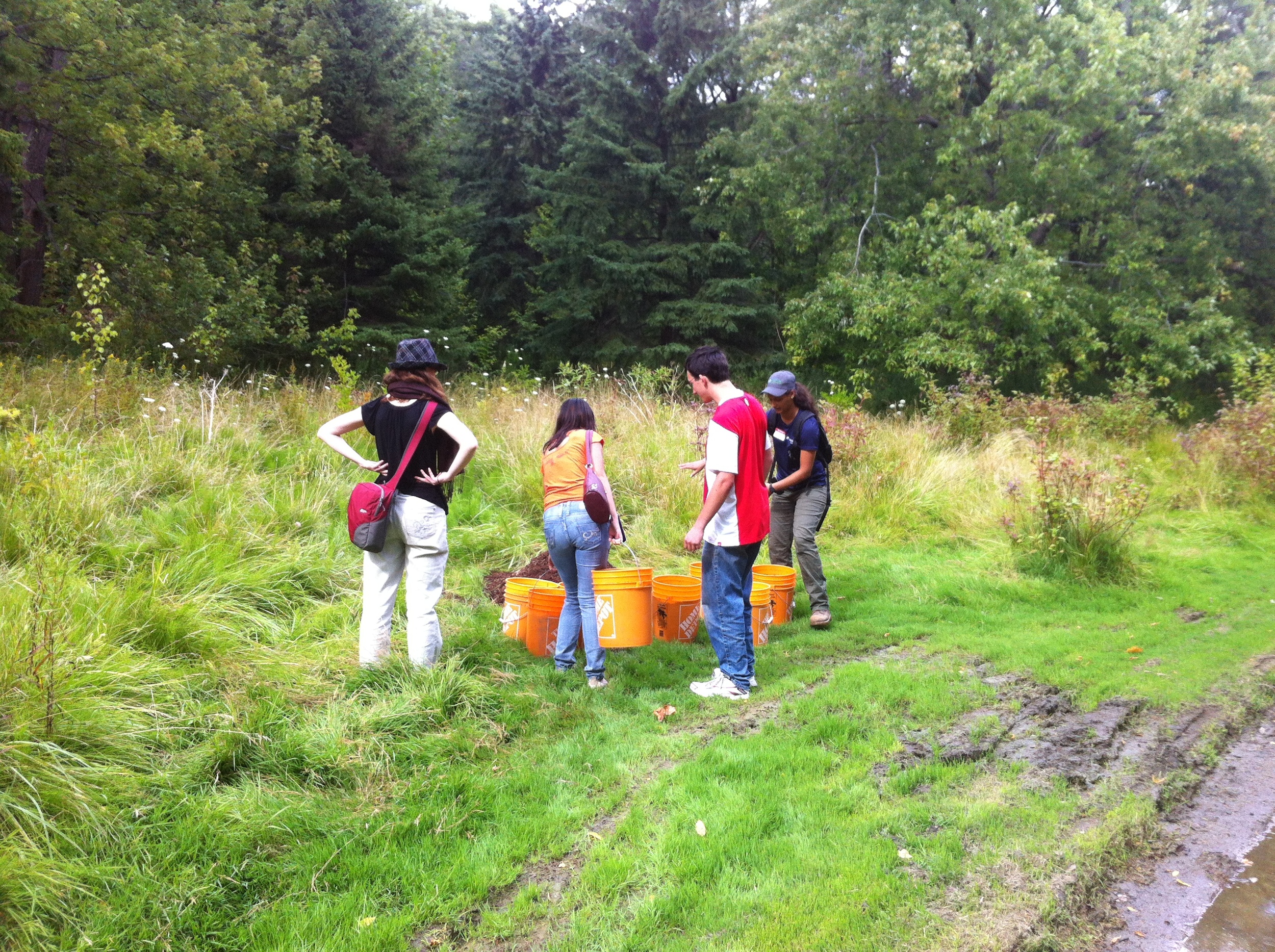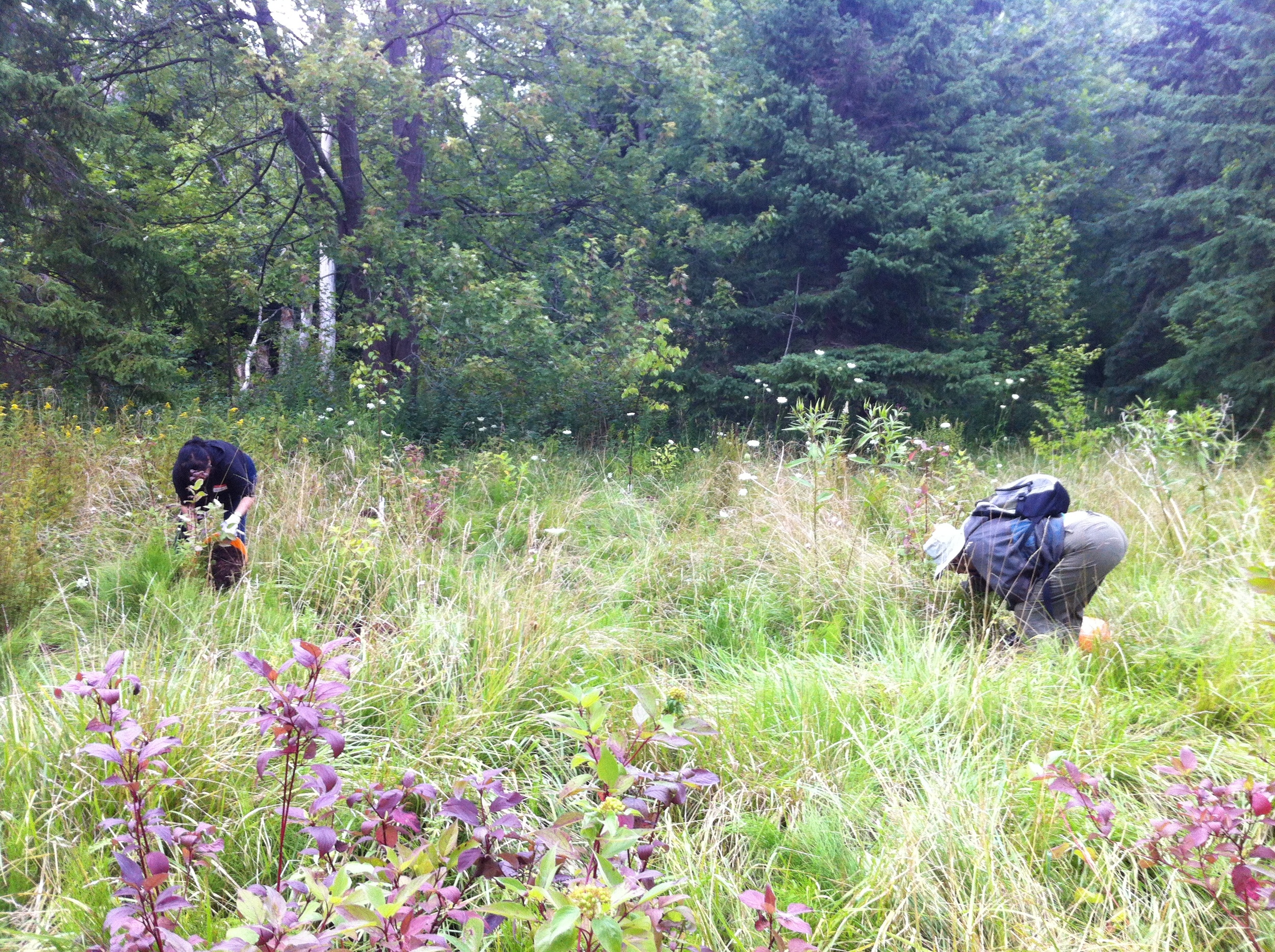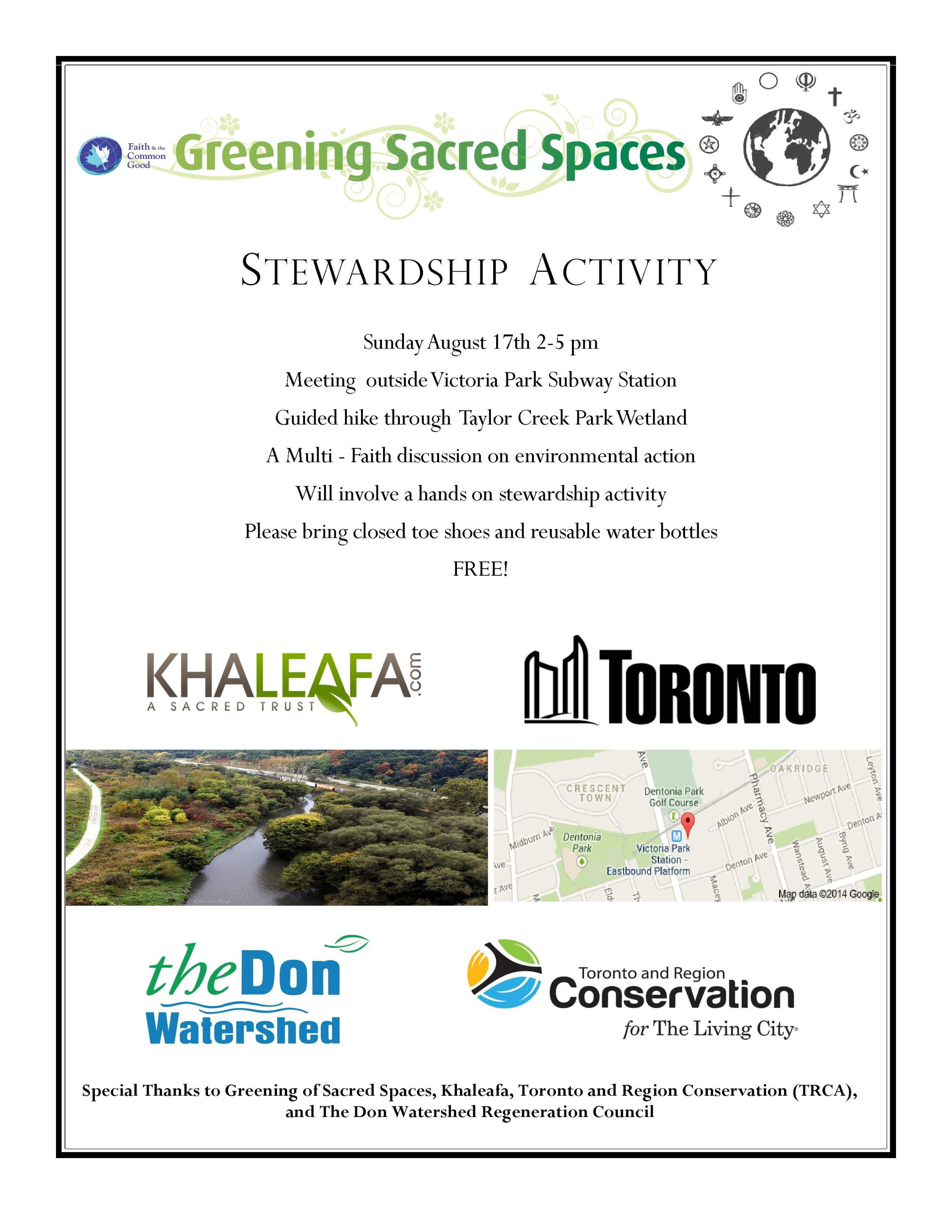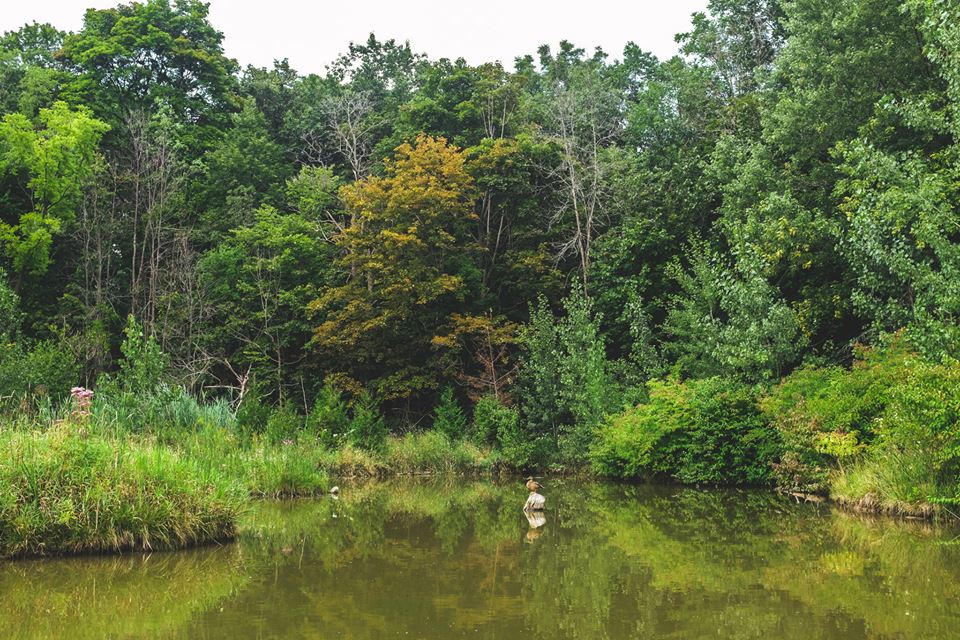
September 21-27, 2014 marks National Forest Week in Canada. To learn more on how you can become involved, please visit www.canadianforestry.com
By: Muaz Nasir
Many of us are aware of the environmental benefits of trees. They provide shelter and food for animals, purify the air of pollution and regulate the temperature within urban environments. They play a critical role in the quality of human life as well as the environmental well-being of our communities. Few would argue against the importance of trees, but have we really considered their full potential and the economical value of the services they provide?
Recently, TD Economics conducted a study analyzing the influence and impacts of trees within Toronto and came up with several noteworthy findings:
- Urban forests do more than beautify the scenery. They represent an important investment in environmental condition, human health and the overall quality of life.
- The trees in the City of Toronto’s urban forest are worth an estimated $7 billion, or about $700 per-tree.
- Toronto’s urban forests provides residents with over $80 million, or about $8 per-tree, worth of environmental benefits and costs savings each year. For the average single family household, this works out to $125 of savings per annum.
- For every dollar spent on annual maintenance, Toronto’s urban forest returns anywhere from $1.35-$3.20 worth of benefits each year.
From their study, trees play an important role in managing wet-weather flow, regulating air quality, contributing towards energy savings and sequestering carbon. This has become increasingly important as climate change has altered the weather patterns across Canada, with some areas experiencing extreme drought while others face localized flooding. There are also the societal benefits of a healthy forest canopy such as the aesthetic value of trees and their importance in naturalizing parks and boulevards.
In another study, TD Friends of the Environment found that 96% of Canadians feel it is important to plant trees today in order to sustain a healthy environment and improve the quality of life for future generations. While only two in ten Canadians participate in the tree-planting or greening initiatives, two-thirds were willing to volunteer a few hours if they believed there was a community benefit. There is a strong desire by Canadians to enhance the forest canopy and protect our natural areas.
What is Islam’s perspective of trees?
The Islamic tradition is rich in references about our responsibility as Muslims to act as stewards of the environment. The Quran also has numerous passages that describe the lush gardens and trees in heaven, highlighting their value not only in this world but their significance in the hereafter. There are several sayings from the Prophet Muhammad (SAW) that relate the importance of trees and plants in Islam.
1. Planting trees is regarded as an act of charity (sadaqa) and the planter receives blessings from all those who benefit from it:
Allah's Messenger (ﷺ) said, "There is none amongst the Muslims who plants a tree or sows seeds, and then a bird, or a person or an animal eats from it, but is regarded as a charitable gift for him."
2. Trees are to be treated with respect and not to be unnecessarily harmed:
"I was throwing stones at a date-palm belonging to some of the Ansar. They tool me along with them to the Prophet (ﷺ). He said: "O Rafi'! Why were you throwing stones at their date-palm?'" He said: "I said: 'Out of hunger, O Messenger of Allah! He said: 'Do not throw stones at them, eat what falls. May Allah fill you and quench your thirst.'"
3. The Prophet also had a deep spiritual connection to trees:
The Prophet (ﷺ) used to stand by a tree or a date-palm on Friday. Then an Ansari woman or man said. "O Allah's Messenger (ﷺ)! Shall we make a pulpit for you?" He replied, "If you wish." So they made a pulpit for him and when it was Friday, he proceeded towards the pulpit (for delivering the sermon). The datepalm cried like a child! The Prophet (ﷺ) descended (the pulpit) and embraced it while it continued moaning like a child being quietened. The Prophet (ﷺ) said, "It was crying for (missing) what it used to hear of religious knowledge given near to it."
4. The Prophet also used trees as a metaphor to describe the believing Muslims:
We were with the Prophet (ﷺ) and fresh dates of a palm tree were brought to him. On that he said, "Amongst the trees, there is a tree which resembles a Muslim." I wanted to say that it was the datepalm tree but as I was the youngest of all (of them) I kept quiet. And then the Prophet (ﷺ) said, "It is the date-palm tree."
5. There are also several references to trees in the afterlife in both positive and negative contexts:
The Prophet said: “Whoever says: ‘Glory is to Allah, the Magnificent, and with His Praise (Subhan Allahil-Azim, Wa Bihamdih)’ a date-palm tree is planted for him in Paradise.” http://www.sunnah.com/tirmidhi/48/96
Regarding: 'And We granted the vision (Ascension to the Heaven "Miraj") which We showed you (O Muhammad as an actual eye witness) but as a trial for mankind.' (17.60) It was an actual eyewitness which was shown to Allah's Messenger (ﷺ) during the night he was taken on a journey (through the heavens). And the cursed tree is the tree of Az-Zaqqum (a bitter pungent tree which grows at the bottom of Hell). http://www.sunnah.com/urn/43950
What we can take from these Hadiths is that planting and maintaining trees are an act of faith. Like all of creation, they should be respected and represent signs of Allah.
In Surat Al-Hajj, Allah says, “Do you not see that to Allah prostrates whoever is in the heavens and whoever is on the earth and the sun, the moon, the stars, the mountains, the trees, the moving creatures and many of the people?...”(Quran 22.18). Trees are given special mention as Allah created them as one of the many signs of His existence. The next time you are in a park, take a moment to pause and reflect on the beauty of their stature, the complexity of their lifecycle and the blessings they bestow upon us and other animals.
How can I become involved in planting trees?
There are several organizations that host planting events throughout the spring and fall seasons. If you are unable to attend an event, you can also donate to have trees or native shrubs planted on your behalf.
Tree Canada: A charitable not-for-profit organization, Tree Canada is committed to working with its corporate, government, and individual partners on tree-planting programs, including providing “ReLeaf” to areas suffering damage from natural disasters, offering funding to communities for fruit-bearing trees, providing schools with outdoor classrooms, and more.
Evergreen: Evergreen is a national not-for-profit that has been working since 1991 to restore the connection between Canada’s cities and the natural environment. Focusing on four program areas—Greenspace, Children, Food and CityWorks—Evergreen builds partnerships with diverse groups and engages key influencers and the public to inspire local action and create sustainable urban development.
TD Tree Days: As TD’s flagship urban greening program, TD Tree Days provides TD employees and their families, our customers and community partners the opportunity to demonstrate leadership in environmental stewardship in their local communities.
If you are interested in increasing the forest canopy on your property, many municipalities will plant trees on City-owned boulevards at no cost. If you are within the Greater Toronto Area, LEAF is an organization the provides valuable information about trees and species that are best suited to urban environments. They also provided assessments of your property on which trees will thrive in your soil and light conditions.
LEAF: LEAF is a not-for-profit organization dedicated to the protection and improvement of the urban forest and engages citizens in urban forest stewardship through planting, education and training.














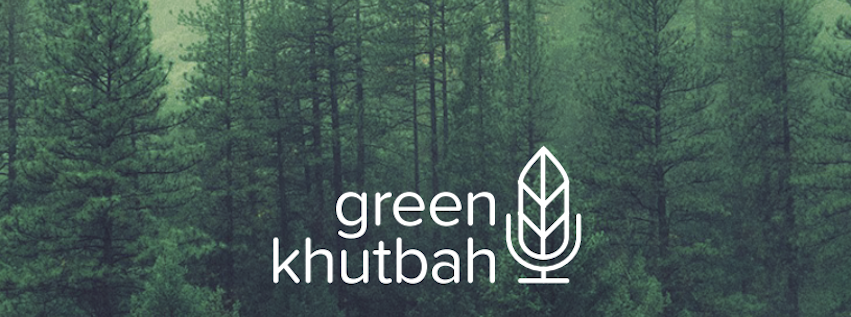
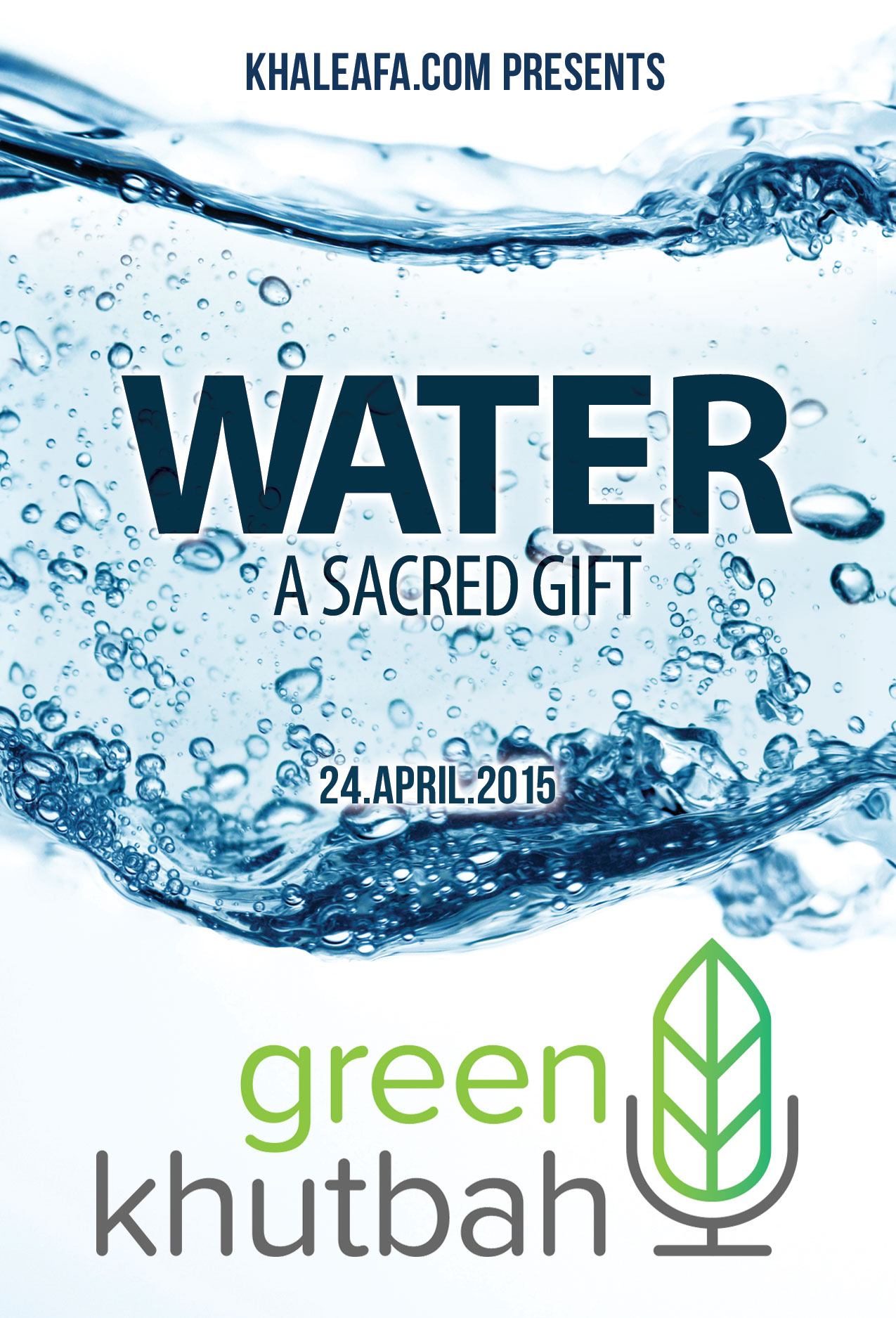










 Nasr's interest in science, religion and the environment spans five decades. He's published dozens of books including Man and Nature: The Spiritual Crisis in Modern Man. In it, Nasr compares how Taoism, Hinduism, Buddhism, Christianity and Islam, particularly its Sufi expression, see humankind's relationship with the environment.
Nasr's interest in science, religion and the environment spans five decades. He's published dozens of books including Man and Nature: The Spiritual Crisis in Modern Man. In it, Nasr compares how Taoism, Hinduism, Buddhism, Christianity and Islam, particularly its Sufi expression, see humankind's relationship with the environment.

